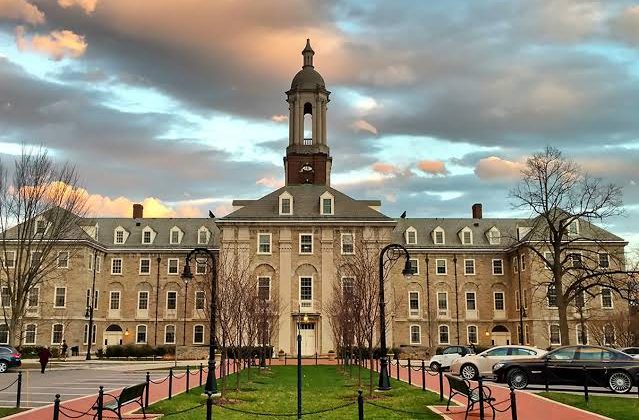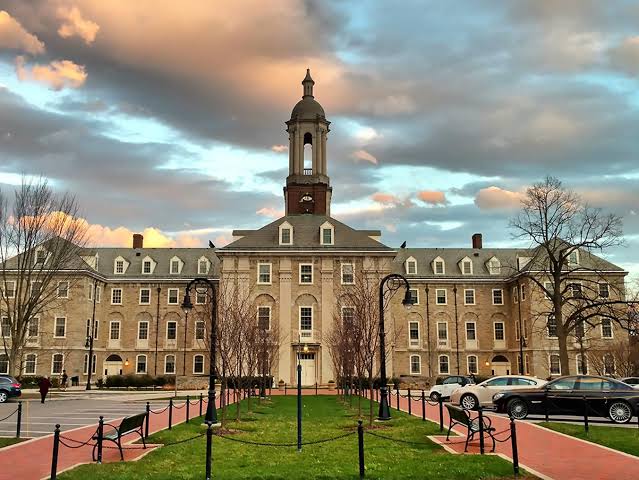

Last month I wrote a post about Cornell University’s decision to reject a student resolution requiring faculty to issue trigger warnings for “traumatic conflict in the classroom.” Yesterday The Washington Post editorial board praised the Cornell decision and others like it. The editorial includes references to Penn State, Harvard, Vanderbilt , and Stanford. Here is a taste of “These universities are pushing back on censorious students. Finally“:
Earlier this month, Neeli Bendapudi, the president of Penn State, released a recorded statement defending her university’s embrace of controversial speakers. The Supreme Court, she reminded her viewers, has long held that public universities such as Penn State are bound by the First Amendment. But she also reiterated a moral reason to continue welcoming diverse, and even offensive, opinions: “For centuries, higher education has fought against censorship and for the principle that the best way to combat speech is with more speech.”
A similar defense is being waged at private institutions. At Harvard University, a group of more than 50 faculty members last month established the Council on Academic Freedom, a group “devoted to free inquiry, intellectual diversity, and civil discourse.” Vanderbilt University, likewise, announced last month that it would become the U.S. foothold for the Future of Free Speech project, an initiative of the Danish think tank Justitia. “For a university to do its work, faculty and students must have maximum freedom to share their ideas, assert their opinions, and challenge conventional wisdom — and one another,” said Vanderbilt Chancellor Daniel Diermeier in a statement.
It’s true, of course, that the social justice movement in general, spurred in part by the brutal killing of George Floyd in Minneapolis in the summer of 2020, has brought a much-needed change in perspective to the American academy, inspiring faculties to expand course offerings and hiring committees to seek out scholars from diverse backgrounds. But those changes, all necessary efforts to make more students feel welcome on campuses, have sometimes gone hand in hand with tacit limits on what can be said, questioned or even written in university settings.
According to “The Academic Mind in 2022: What Faculty Think About Free Expression and Academic Freedom on Campus,” a national survey of approximately 1,500 faculty members at four-year colleges and universities conducted by the Foundation for Individual Rights and Expression, a free speech advocacy group, one third of those polled feel they cannot express their opinions based on potential reaction from other members of their university communities — while more than half expressed concern about being fired because of someone misunderstanding a comment.
A turning point of sorts seems to have come in March, when Jenny Martinez, the dean of Stanford Law School, courageously doubled down on defending her decision to apologize to Judge Stuart Kyle Duncan, a Trump appointee with an admittedly abysmal record who had come to Palo Alto only to be heckled nonstop by law students.
Read the rest here.
It does not appear as if Whitworth University, a Christian college in Spokane, Washington, has learned these lessons yet.